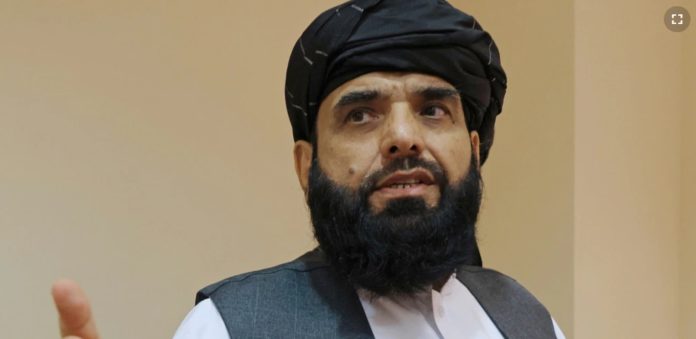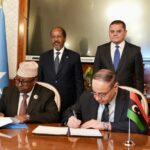KABUL [Reuters) – The Taliban, the new rulers of the war-torn land of Afghanistan, have now demanded representation at this week’s United Nations General Assembly (UNGA) session, thereby challenging the credentials of the pre-existing envoy of the country.
The Taliban have named a new UN permanent representative – Mohammad Suhail Shaheen, once a spokesperson for the insurgents during peace negotiations in Qatar. The move is expected to trigger a diplomatic battle between Afghanistan’s former UN envoy and the Taliban rulers over the high-level meeting of the international body.
The world is watching closely every single move of the new rulers of Afghanistan before coming to a decision regarding recognition of the newfound regime. While the global community is in no hurry to do so, the question now facing the United Nations is a crucial one – should the Taliban be provided with a platform at the global stage to put forward their views? And if so, to what extent should the said platform allow or curb the expressions of the insurgents?
The way the world leaders choose to approach this question, experts believe, may define the molding conflict between the former UN envoy of Afghanistan and the new representative put forward for the global stage by the country’s Islamist rulers.





